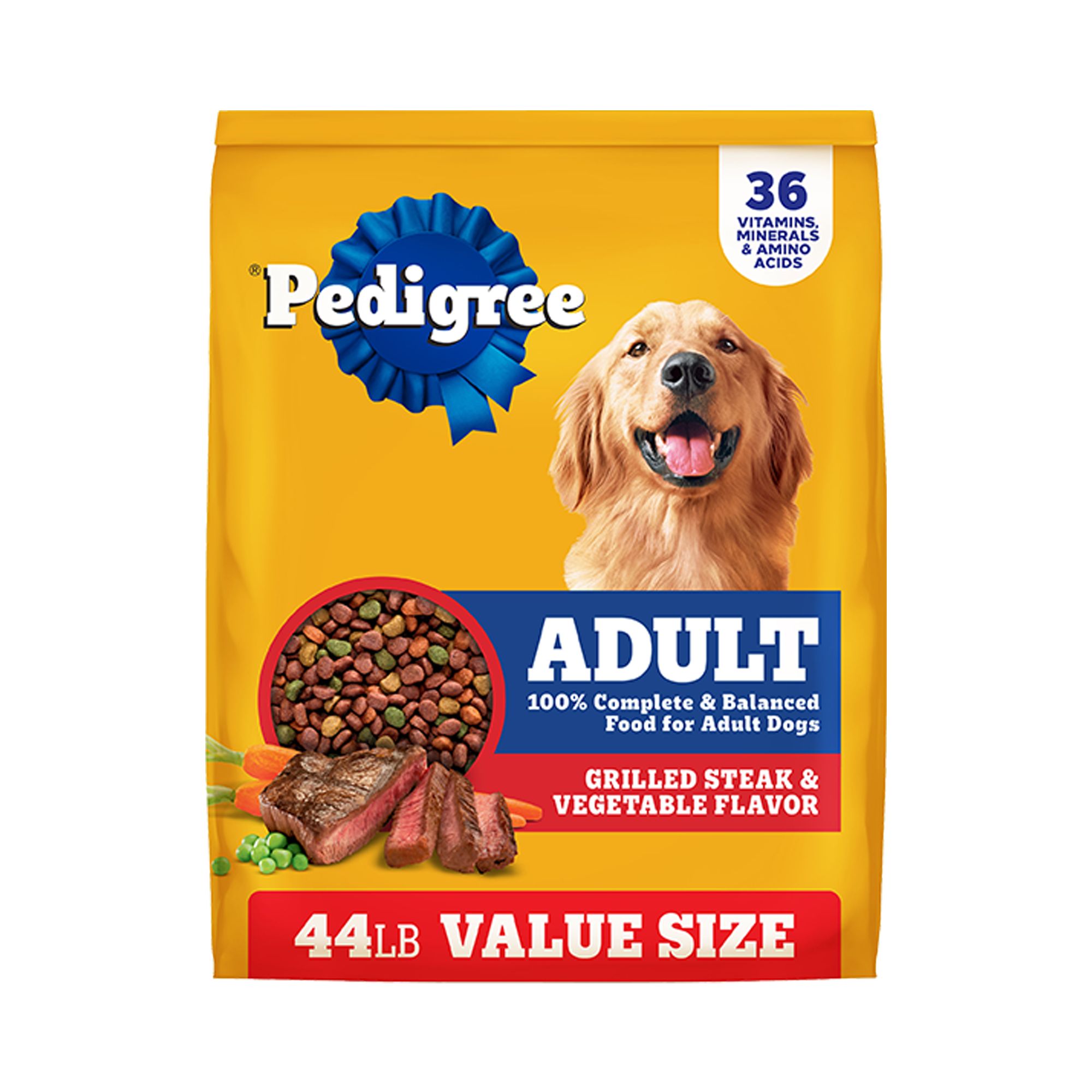Shop At Haya: Your Ultimate Shopping Guide
Discover the best shopping tips, trends, and deals for a smarter buying experience.
Is Your Pet's Food Secretly a Kitchen Disaster?
Discover the shocking truth behind your pet's food! Is it a hidden kitchen disaster? Find out what could be lurking in their bowl!
Is Your Pet's Food Hiding Dangerous Ingredients?
When selecting the right food for your beloved pet, it's crucial to scrutinize the ingredient list closely. Many commercial pet foods contain hidden dangers, including artificial additives and fillers that may harm your furry friend. Common ingredients such as by-products, preservatives, and poorly sourced meats can lead to health issues over time. Thus, it's essential to educate yourself about these components and understand how they impact your pet's overall health.
To ensure that you aren't inadvertently choosing a food that could be detrimental to your pet's health, make a habit of reading labels. Look out for terms like ethoxyquin and BHA, which are preservatives linked to various health concerns. Additionally, consider opting for brands that use natural ingredients and provide transparency about their sourcing practices. Always consult your veterinarian when in doubt, as they can guide you in selecting a diet that is both nutritious and safe for your pet.

How to Spot a Kitchen Disaster in Your Pet's Meal
When it comes to your pet's food, ensuring their meal is safe and nutritious is crucial. Here are some key indicators that you might be facing a kitchen disaster. First, check for any unusual smells; if the food emits a foul odor, it could indicate spoilage or contamination. Additionally, look for any changes in texture or color. For example, if your pet's kibble has gone from a vibrant hue to a dull or discolored shade, it might not be safe to serve. Lastly, if there are any signs of mold or insects, it's best to discard the meal immediately.
Another important aspect to consider is the ingredients list. Always check for items that you may be unaware of or that sound concerning. Artificial preservatives, excess fillers, and by-products can be warning signs of a low-quality meal. Furthermore, if your pet exhibits signs of discomfort after eating, such as vomiting or lethargy, it may indicate that the meal was not suitable for them. By staying vigilant and knowing how to spot potential problems, you can prevent a kitchen disaster and keep your furry friend happy and healthy.
Is Your Pet's Food Contributing to Allergies and Health Problems?
When it comes to your pet's health, the food you choose plays a crucial role. Many pet owners are unaware that certain ingredients in commercial pet foods can contribute to allergies and various health problems in their beloved companions. Common allergens such as corn, wheat, and soy are often found in many pet food brands, and these can trigger reactions ranging from mild skin irritations to severe digestive issues. In addition, some pets have specific protein sensitivities, which can lead to discomfort and chronic health conditions if not addressed.
To determine if your pet's food is a culprit, consider monitoring their health closely for signs of allergies, including itchiness, ear infections, or gastrointestinal issues. A food elimination diet is a common approach recommended by veterinarians to pinpoint potential allergens. If you suspect that your pet's food is contributing to allergies or health problems, it may be time to consult with your vet and explore hypoallergenic or limited-ingredient diets that can help alleviate symptoms while ensuring your pet receives the necessary nutrients for a healthy life.